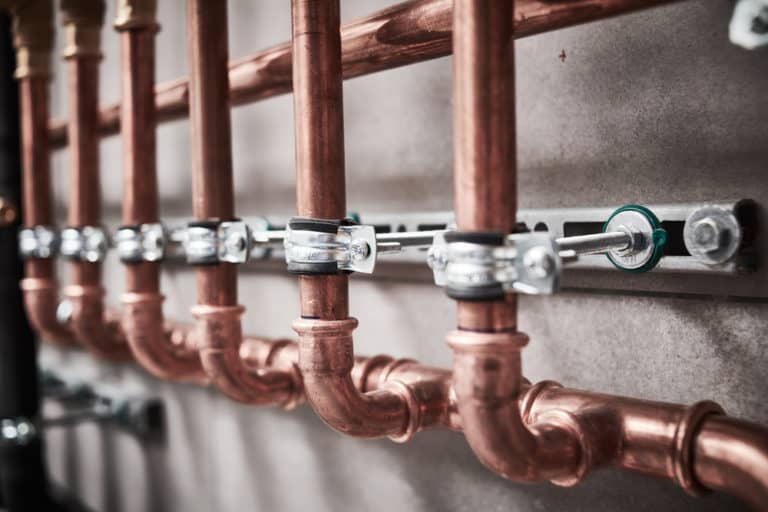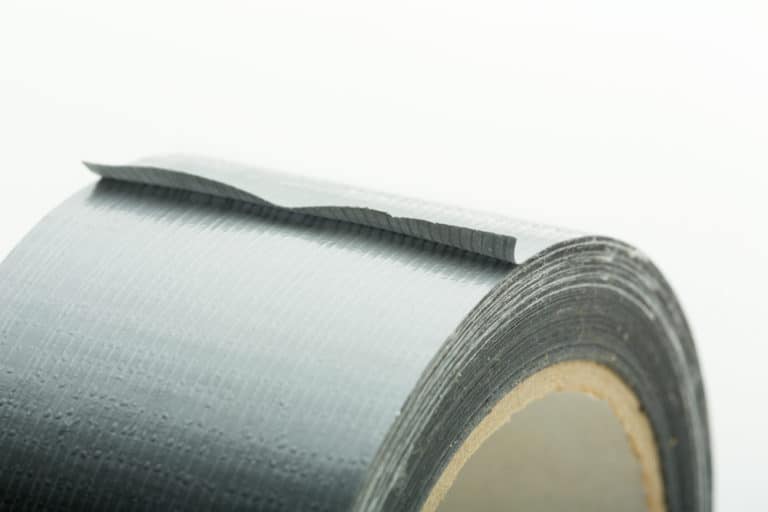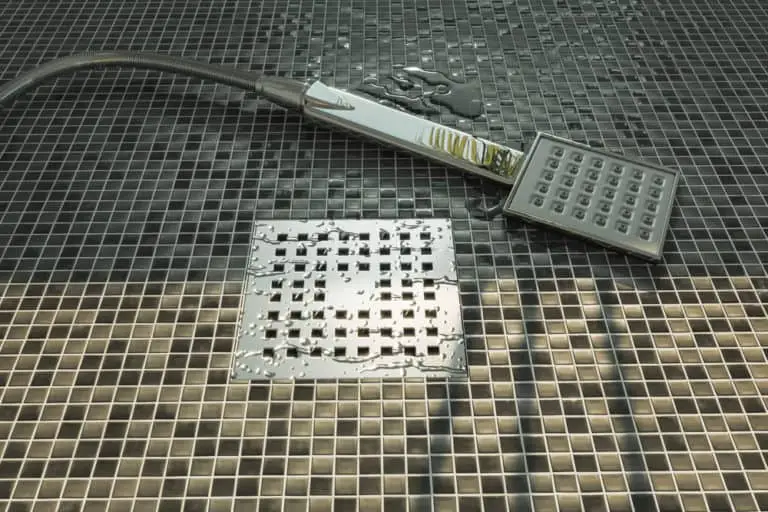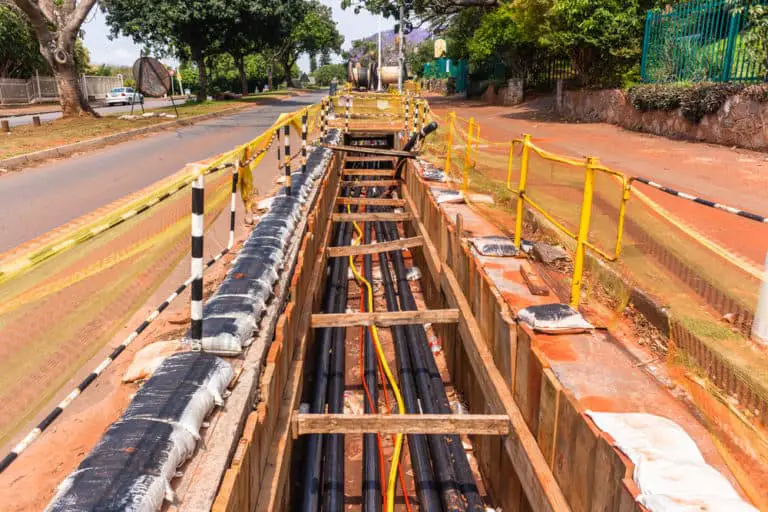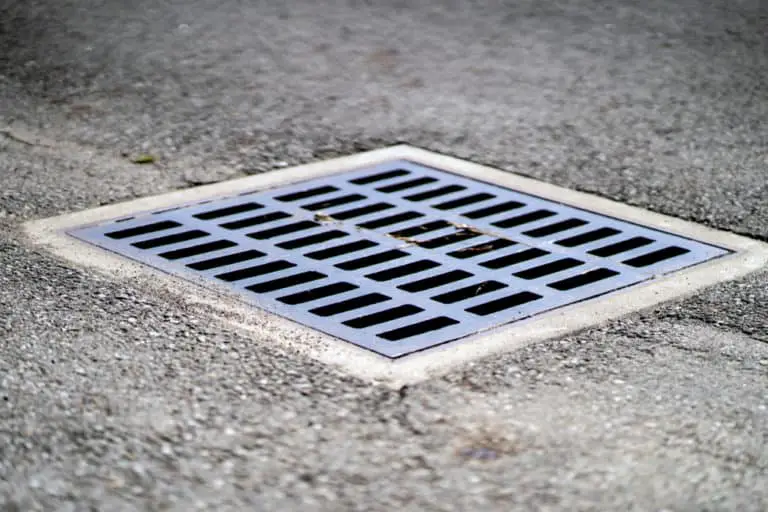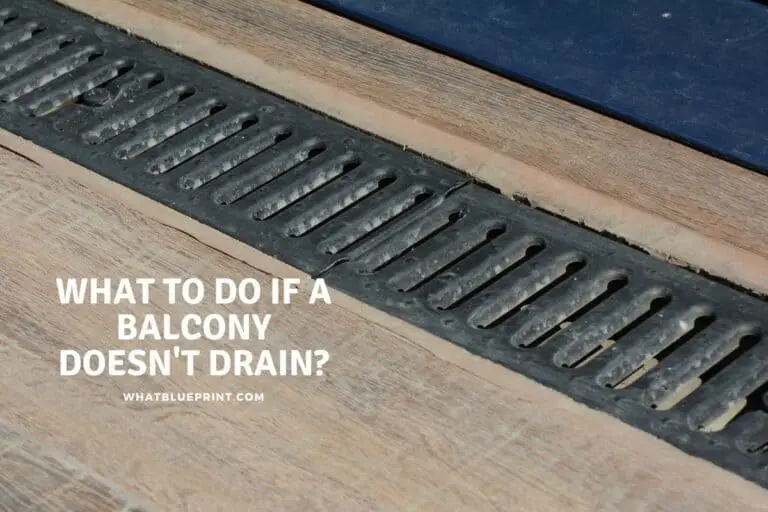Will Frozen Pipes Always Burst? What You Must Know
It’s that time of the year again, and you’re probably preparing for winter. From checking your insulations to testing your heaters, it’s always a good practice to make sure your house can hold up well in colder conditions. You also have to prepare for the scenario when something goes wrong, like your pipe freezing. The question now is, will frozen pipes immediately burst?
Pipes burst when pressure accumulates inside of the pipe due to the water freezing inside. As water freezes, the water expands, which applies pressure from the inside of the pipe. The newly-formed ice inside of your pipe will also cause a blockage, which can increase the water pressure inside your pipe beyond what is considered safe.
The bursting of a frozen pipe depends on a wide variety of factors that you need to consider. Whether that be the type of pipes you have, the type of environment you experience, or the sizing of your pipes. Luckily, there are many things that you can do to prevent a pipe from bursting.
Will a frozen pipe always burst?
A frozen pipe will not burst unless the pressure inside is left unchecked for a prolonged period. As long as you keep an eye on your pipes and know what to do, then your pipes should be safe from bursting.
A general rule of thumb is to always focus on prevention and not allow your pipes to freeze in the first place. You can do this by keeping water running, having suitable pipes sleeves and insulations installed, having a well-functioning heating system, and by knowing which gate valves to close if a pipe freezes.
We’ve tackled this topic numerous times in our other articles here in WhatBluePrint. We cover all the different concerns, such as installing these preventive measures, what to do when you have a frozen pipe, and setting up different heating systems inside your home.
How long does it take for pipes to freeze and burst?
The main factors that determine how long it takes for a pipe to freeze are the temperature inside the pipe, which can be approximated by the temperature surrounding it and the amount of water inside the pipe. Pipes tend to freeze at -4 Fahrenheit(-20 Celsius), for a quick reference the average temperature of winter in the United States is around 37 Fahrenheit(4 Celsius).
The water determining setting inside your pipes will take somewhere between an hour to 2 hours, assuming that the temperature outside is freezing. Stillwater is much more likely to freeze compared to running water. It’s recommended that homeowners either drip their faucets when temperatures fall below freezing or turn off their water system entirely for the time being.
The amount of time before it bursts can’t be pinpointed precisely because it relies on numerous factors. Expect your pipe to burst faster in lower temperatures and if your pipe happens to be relatively small( around an inch in diameter). On average, a pipe bursts in around 4-5 hours(including the freezing of the pipe). You can lengthen this time by a significant amount by running your faucets.
Do pipes burst when they freeze or thaw?
Pipes burst when running water is going into a pipe that is blocked by ice. The frozen water inside a pipe already applies enough pressure to cause some damage, but the running water will create a build-up that causes the pipe to burst.
In most cases, the pipe will burst while it is thawing. It might sound weird since there’s less ice to apply pressure onto the pipe, but the running water is now concentrated even further by crevices between the ice and the pipe. Pressure is determined by the amount of force over an area, so the tiny gap between the ice and the pipe can cause a significant increase.
An ocular inspection should always be done before turning the gate valve for a pipe that has been frozen. There is still a chance for a pipe to burst if the ice inside the pipe is not yet fully thawed. Homeowners are advised to know the tell-tale signs of a frozen pipe to prevent them from prematurely letting water flow through a pipe that hasn’t fully thawed out yet.
If you’re still unsure or if you suspect that multiple pipes have been damaged, it might be better for you to leave this one for the pros. The last thing you need is an incorrectly installed/repaired pipe that can end up freezing again.

How Do I Know If My Pipe Is Frozen Or Has Burst?
You’ll be able to tell if your pipe is frozen based on a number of signs. These signs can be quite obvious or quite discreet, depending on which pipe is frozen.
You can tell if your pipe is frozen if there is a change in water pressure from your water fixtures. During temperature lows, you can inspect your faucets, toilets, showers, etc. for any irregularities. If the water flowing is irregular(like water “spitting” outside of your pipe) or weaker than usual, you should probably shut off the water flowing through that pipe until the weather gets better.
A burst pipe will probably start as a leak. The water systems in households don’t have enough pressure inside them to cause explosions like what you see in the movies. These leaks can get a bit tricky to find, especially with pipes located in areas such as basements or attics.
Wet spots from leaking pipes will be the easiest way to tell if you have a burst pipe. If you suspect that your pipe has burst, look for any deformities in the pipe(ex. Cracks, bends, depressions).
Conclusion
Frozen pipes don’t always burst. A bursting pipe is caused by a build-up and continuous pressure from the ice forming inside the pipe and the running water going against it. Good insulation and heating system in your home is the best way to prevent this from happening. You can tell that something has gone wrong based on signs such as changes in water pressure and leaks.
Sources:
https://www.mallickplumbing.com/blog/2016/december/the-real-reason-that-pipes-burst-when-they-freez/
https://www.puresituationroom.com/spotlight/2015-10-28-frozen-pipes
https://www.familyhandyman.com/article/signs-of-frozen-pipes/


